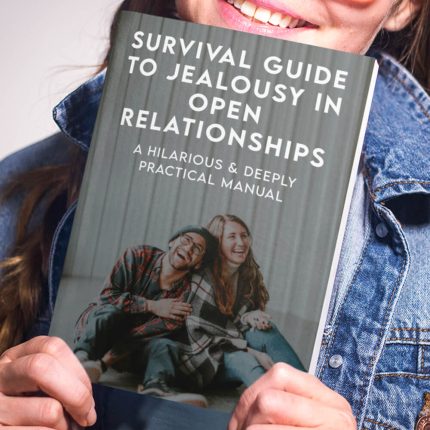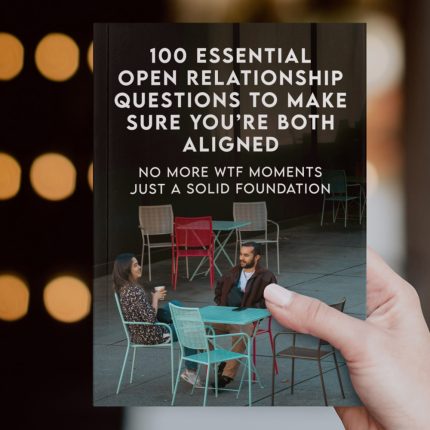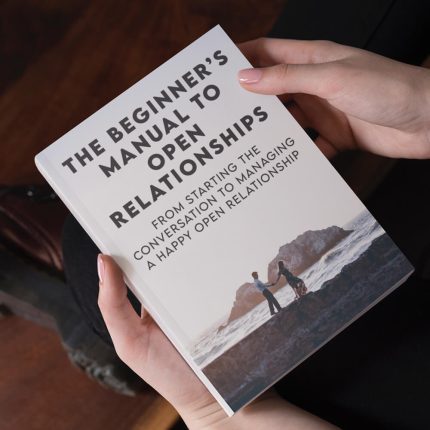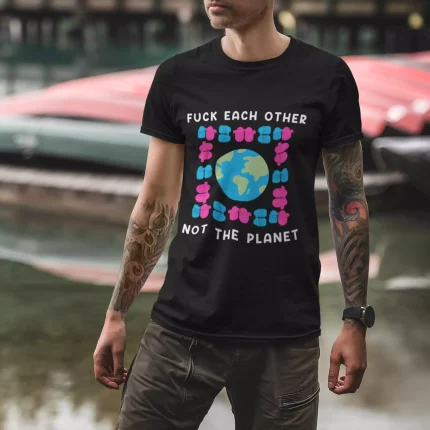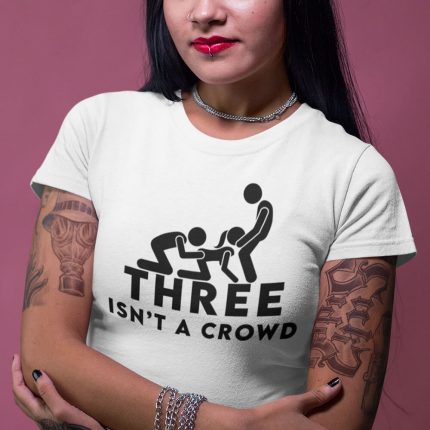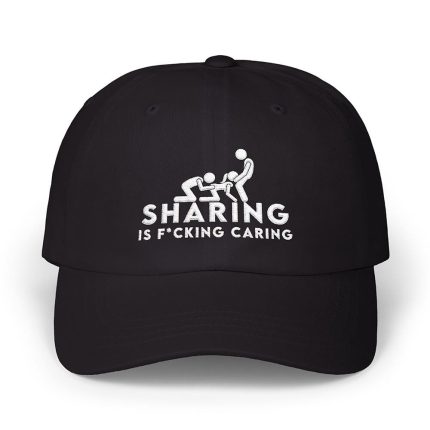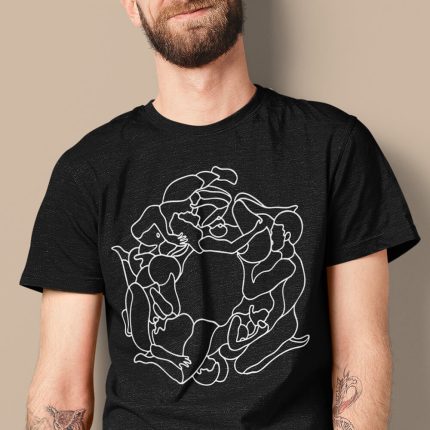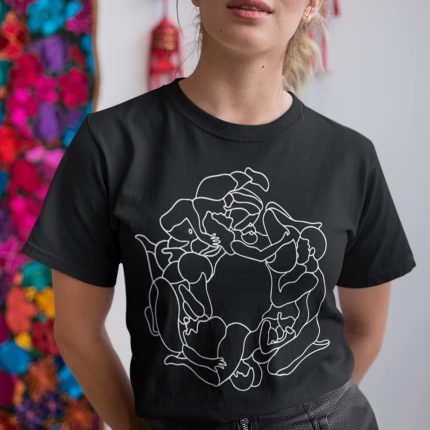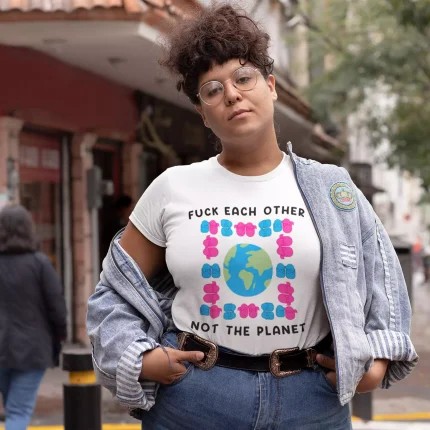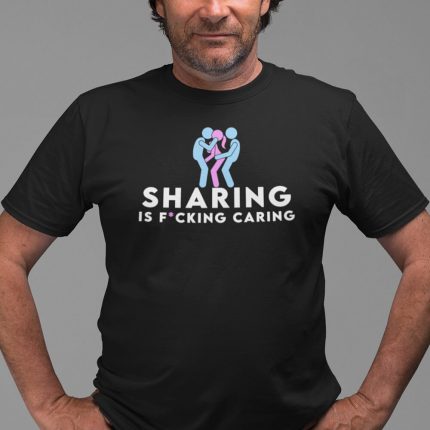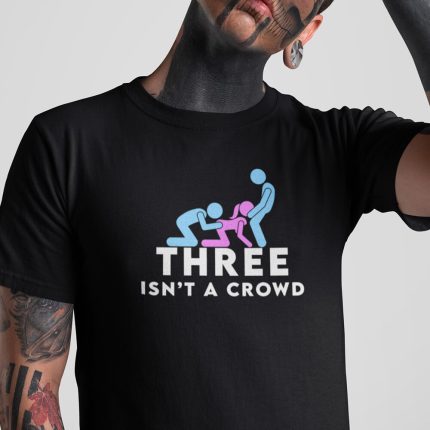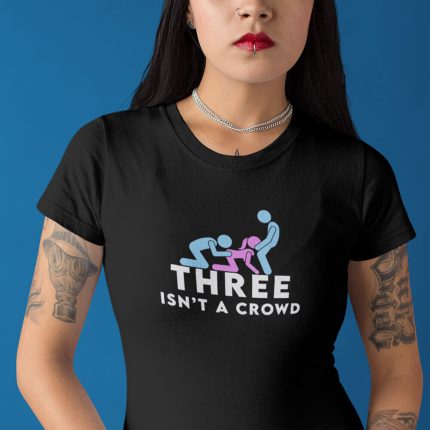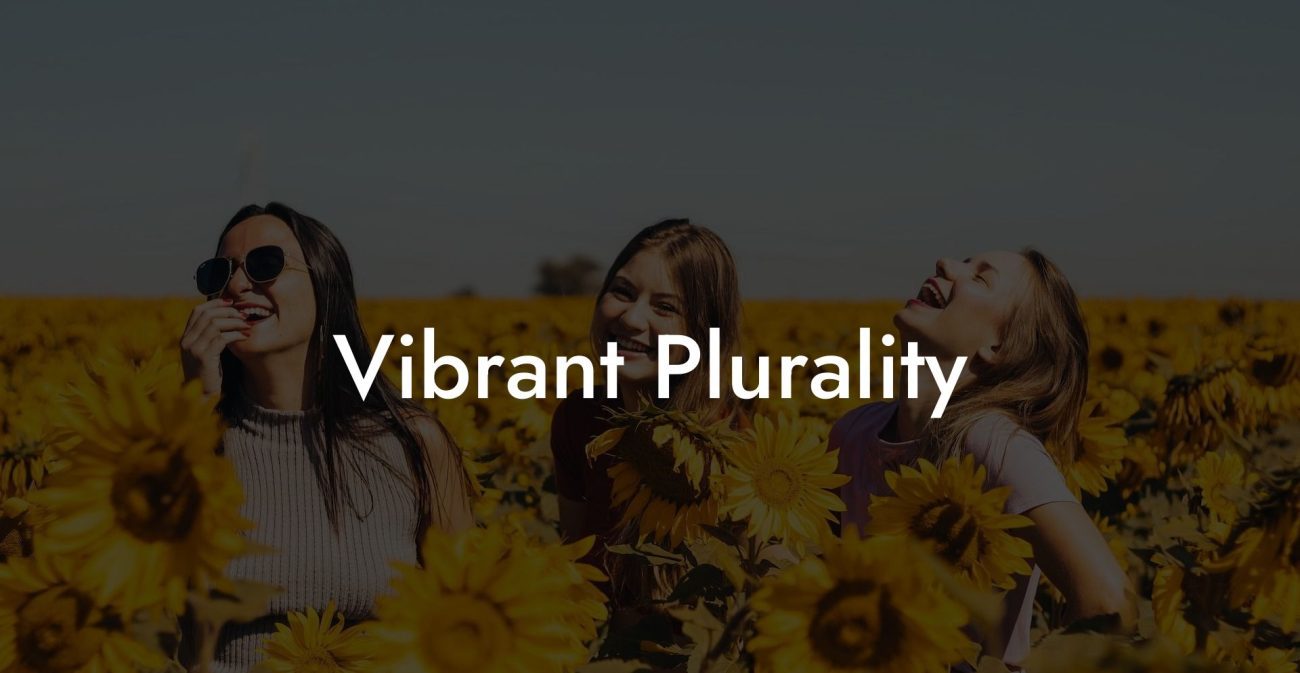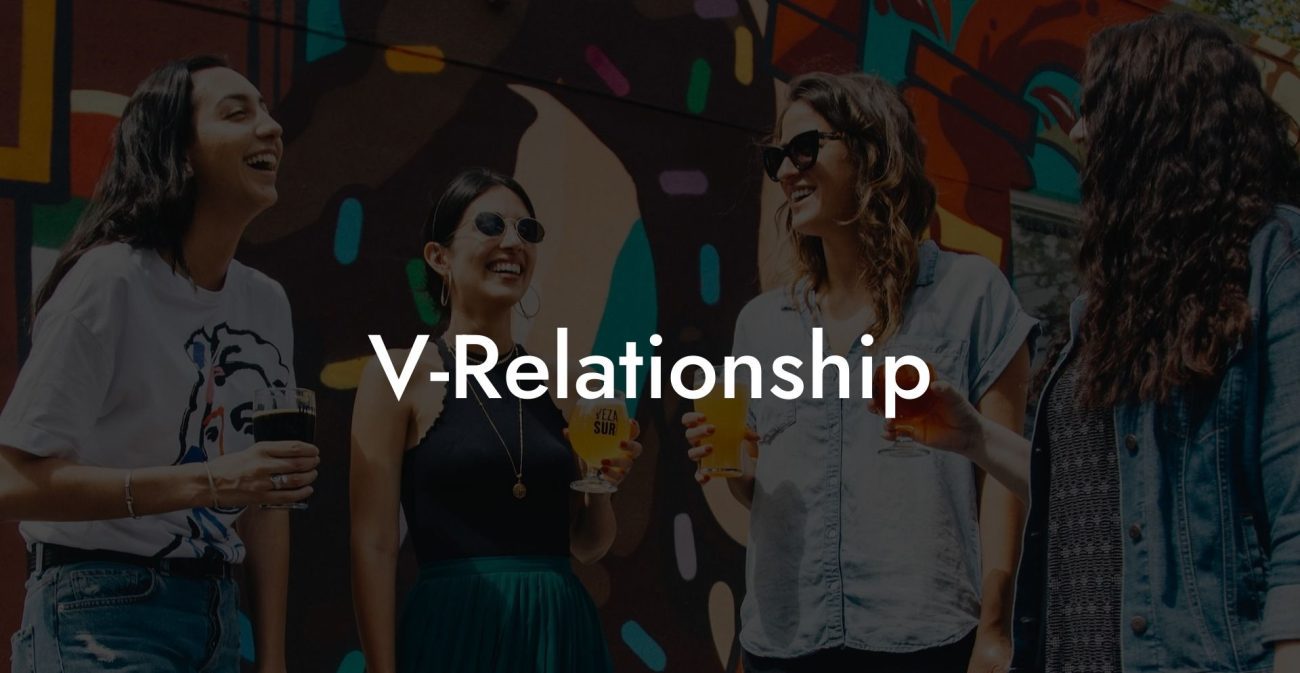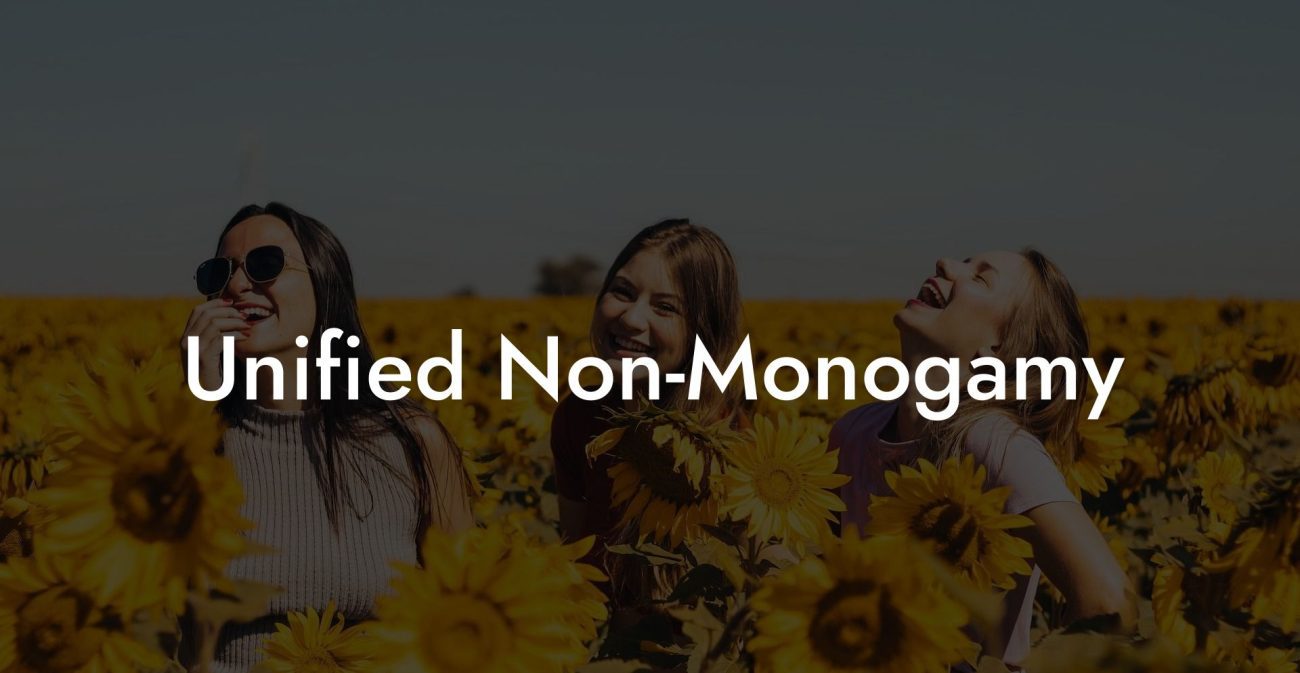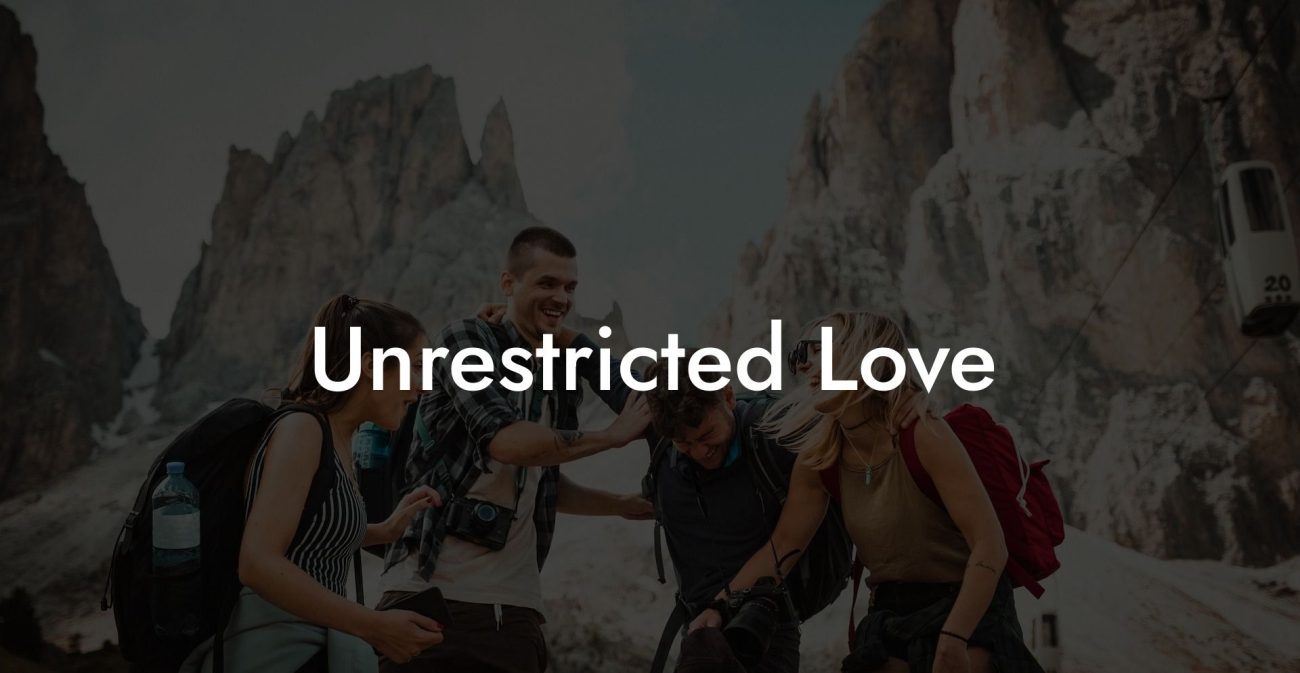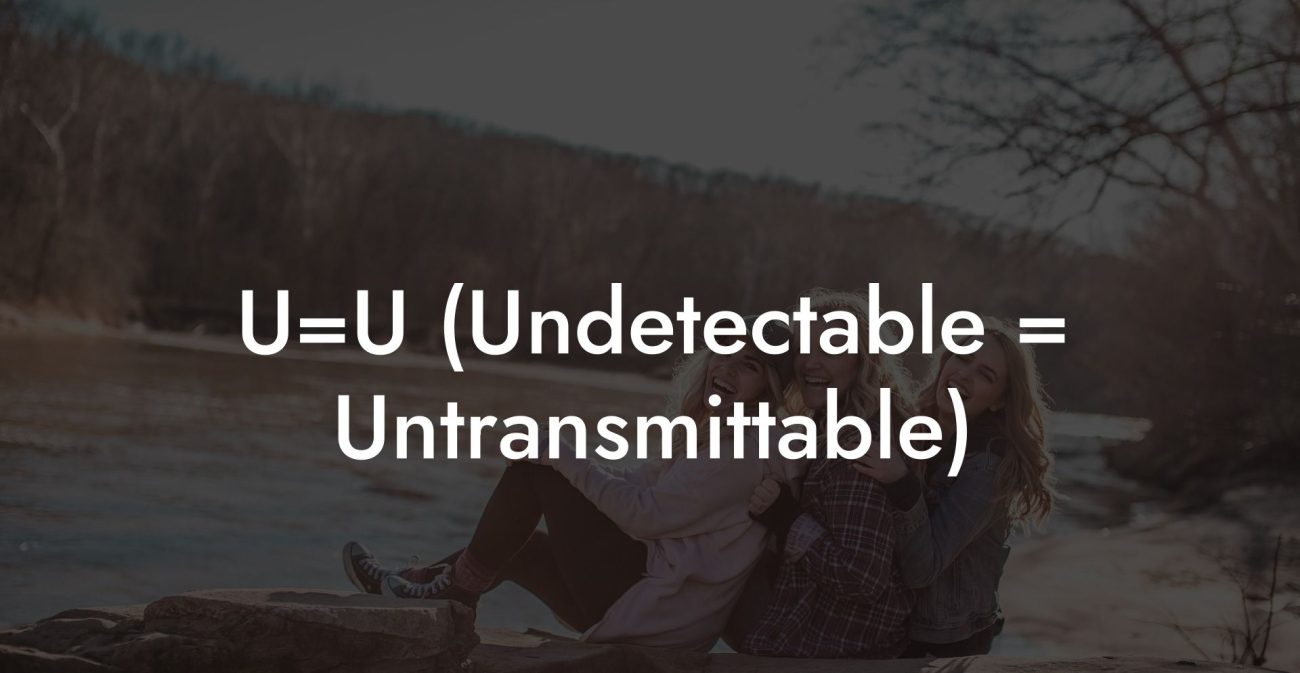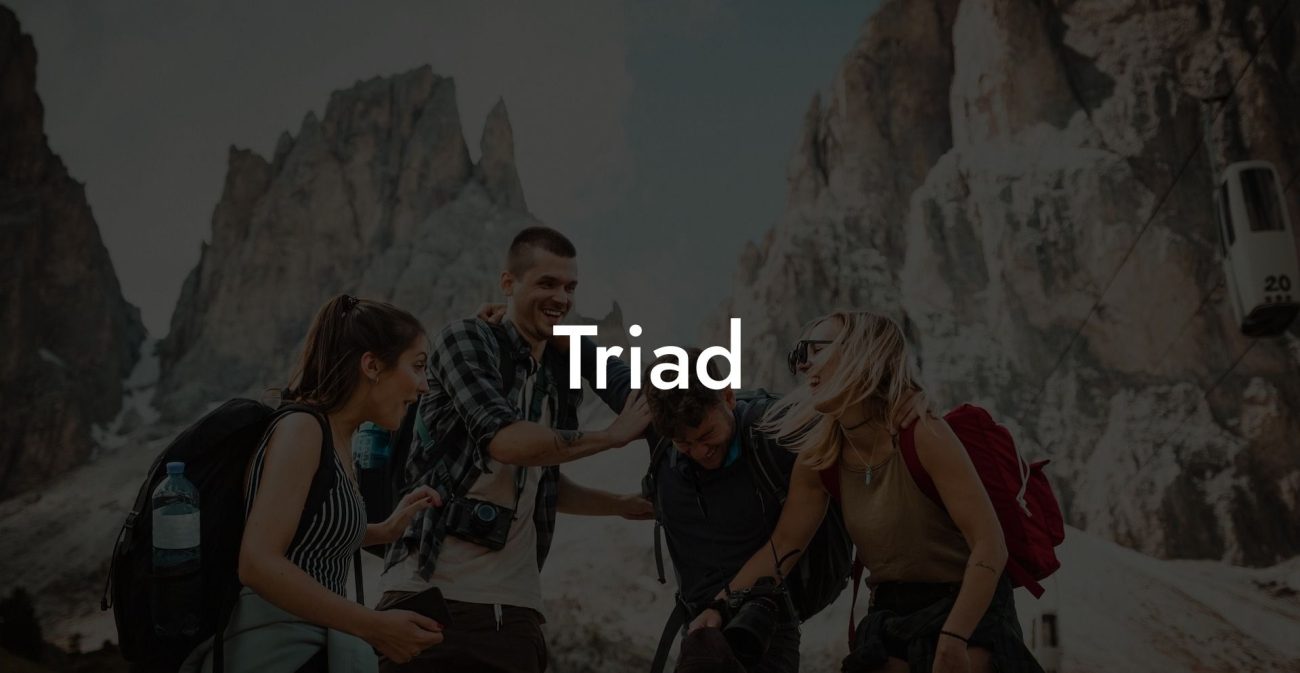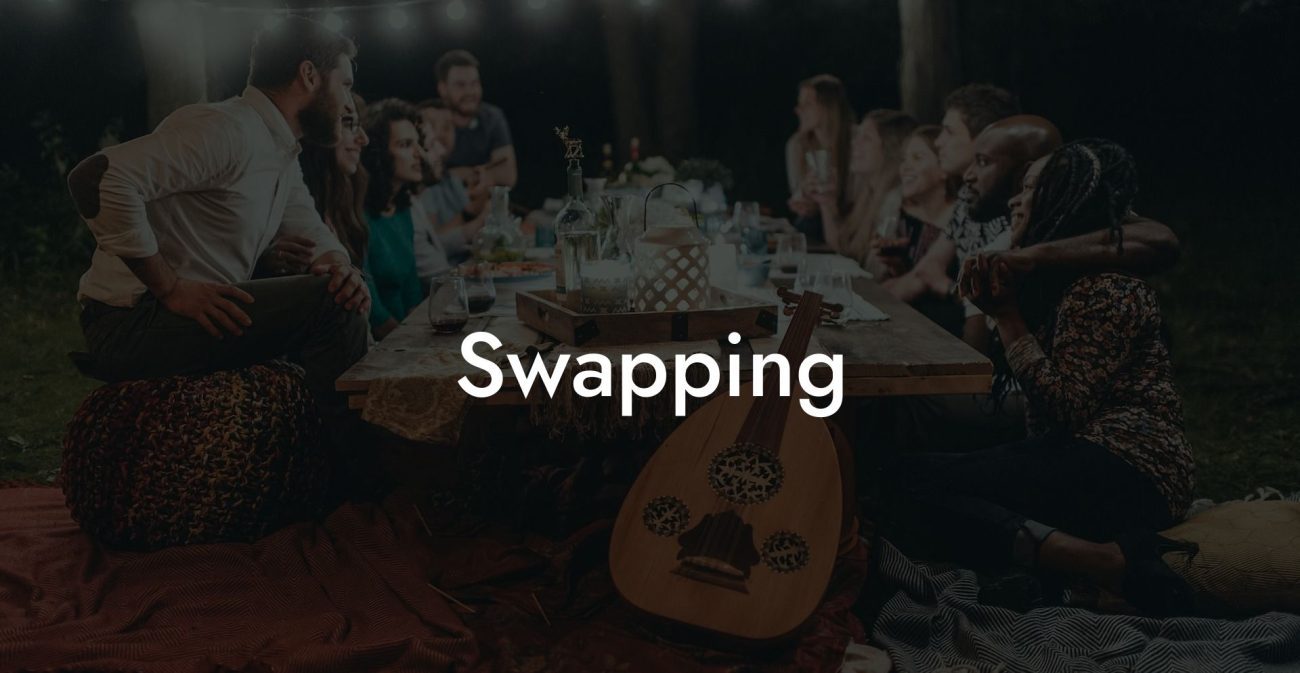Romantic Ecosystem
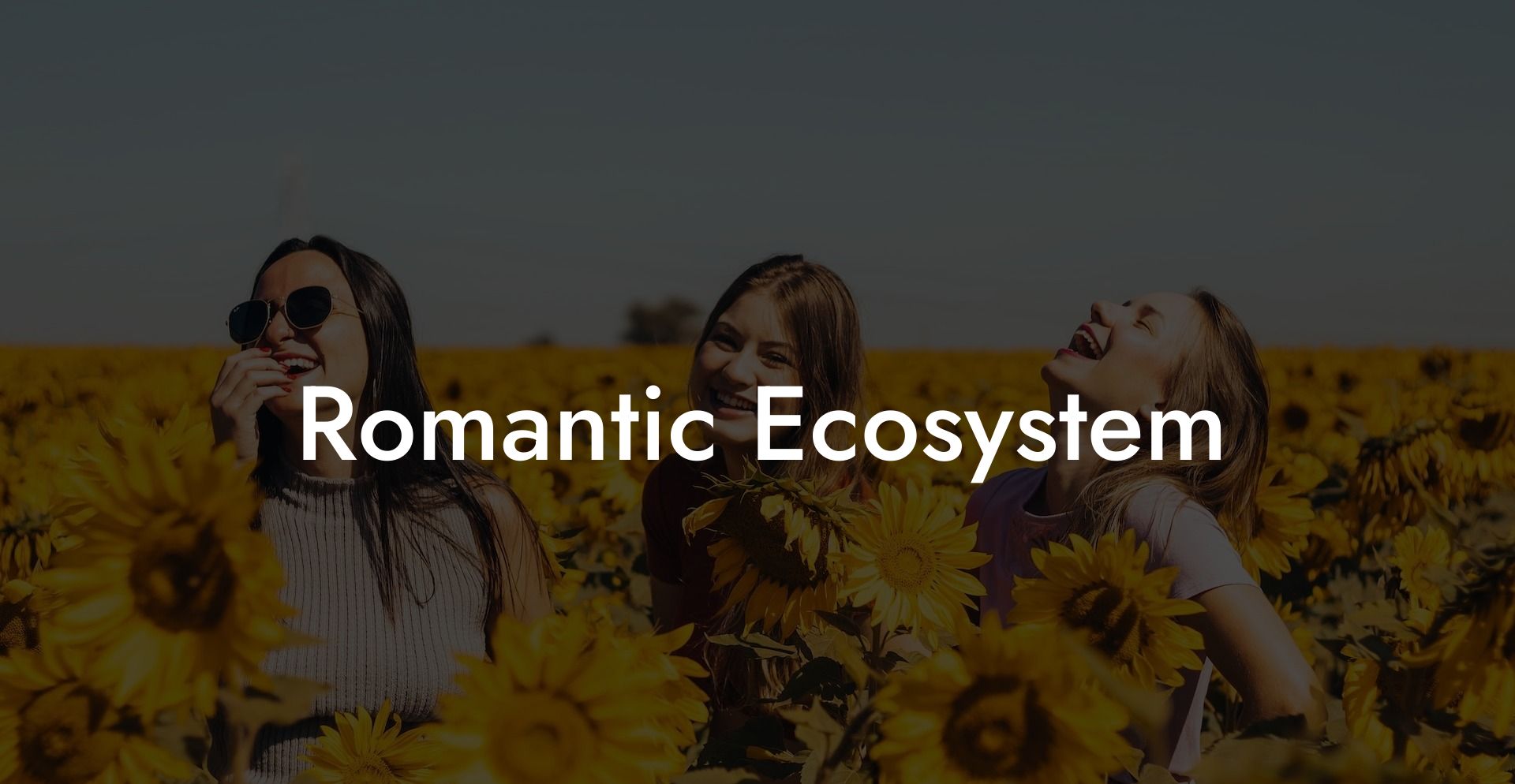
Imagine your love life as a thriving, interdependent network—where every relationship is a vital species in a rich, diverse ecosystem. Welcome to Romantic Ecosystem, a groundbreaking concept in ethical non monogamy that redefines intimacy as a living, breathing community of connections. In this vision, love is not a solitary pursuit but an interconnected environment where every bond, from fleeting encounters to deep, enduring partnerships, plays a role in nurturing the whole. Get ready to explore a model where each relationship contributes to a resilient, adaptive, and ever-evolving network of romance.
Have you ever wondered if monogamy is just a stupid little experiment? Open relationships, polyamory, relationship anarchy...find out which relationship dynamic suits you best with our one minute relationship test. See if you are just conforming to "societal norms". Reveal your truth >>
Quick Links to Useful Sections
- The Ethical Non Monogamy Term: Romantic Ecosystem
- What Is a Romantic Ecosystem?
- Core Principles of a Romantic Ecosystem
- Historical and Cultural Perspectives on Romantic Ecosystem
- From Isolated Love to Interconnected Networks
- Cultural Shifts in Modern Relationships
- Everyday Dynamics of a Romantic Ecosystem
- Fostering Interconnected Relationships
- Renegotiating Boundaries and Maintaining Balance
- Benefits of Embracing a Romantic Ecosystem
- Deepened Emotional Connectivity
- Increased Personal Growth and Empowerment
- Improved Communication and Conflict Resolution
- Collective Resilience and Expanded Support
- Challenges of a Romantic Ecosystem
- Managing Complex Group Dynamics
- Balancing Individual Autonomy with Collective Needs
- Adapting to Continuous Change
- Navigating External Judgment
- Frequently Asked Questions (FAQ)
- Resources and Community Support: Your Next Steps
The Ethical Non Monogamy Term: Romantic Ecosystem
What Is a Romantic Ecosystem?
A Romantic Ecosystem is a framework that views your love life as an interconnected environment in which multiple relationships coexist and interact like species within a natural habitat. Rather than isolating each connection as a standalone entity, this concept emphasizes that every relationship influences and enriches the others. In a Romantic Ecosystem, every partner, whether they are a primary love, a secondary connection, or an occasional encounter, is part of a larger, interdependent network that fosters collective growth, support, and resilience.
This approach challenges traditional, linear models of romance by suggesting that love, like nature, is dynamic and multi-layered. It’s about acknowledging that your capacity for love is expansive and that every interaction contributes to the overall health of your emotional environment.
Core Principles of a Romantic Ecosystem
- Interdependence: Recognize that every relationship is connected. The well-being of one partner can positively influence the entire network, much like species in an ecosystem rely on each other.
- Holistic Connection: Embrace all forms of intimacy—romantic, platonic, sexual, and spiritual—as they all contribute to the vibrancy of your ecosystem.
- Dynamic Balance: Understand that relationships are not static. Just as ecosystems adjust to seasonal changes, your network evolves as you grow and your circumstances shift.
- Open Communication: Foster transparent and continuous dialogue among all partners. Clear communication ensures that everyone’s needs and boundaries are respected, much like the balance maintained in nature.
- Mutual Empowerment: Every partner’s growth strengthens the entire system. Celebrate the successes and individual development of each member, knowing that their well-being uplifts the whole network.
- Adaptive Boundaries: Regularly revisit and adjust your personal and collective boundaries. Flexibility is key to maintaining a healthy and sustainable romantic ecosystem.
Historical and Cultural Perspectives on Romantic Ecosystem
From Isolated Love to Interconnected Networks
Historically, conventional relationship models promoted the idea of a singular, exclusive bond—a self-contained unit isolated from broader social connections. Traditional monogamy often portrayed love as a private affair, leaving little room for the interconnected dynamics we see in modern societies. However, as social movements such as the sexual revolution, feminist activism, and the rise of polyamorous practices challenged these outdated paradigms, people began to envision love as a network of interdependent relationships.
EXPLORE OUR ETHICAL NON-MONOGAMY & OPEN RELATIONSHIP SHOP
👨💻👩💻 Digital Store (Instant Download)
🍆💦 Clothing Store (Worldwide Delivery Available)
Fuck Each Other Not The Planet Unisex T-Shirt (Black)
$29.99Three Isn't a Crowd Unisex T-Shirt (White)
$29.99Sharing Is Caring Daddy Cap (Black)
$39.99Multiple Lovers - Sharing Is Caring Unisex T-Shirt (Black)
$29.99I Love Watching Pop Art T-Shirt (White)
$29.99Fuck Each Other Not The Planet Unisex T-Shirt (White)
$29.99Real Men Share Pop Art T-Shirt (Black)
$29.99Sharing Is Caring Unisex T-Shirt (Black)
$29.99Real Men Share Pop Art T-Shirt (White)
$29.99I Love Watching Pop Art T-Shirt (Black)
$29.99It's Not Cheating If He Watches T-Shirt (Black)
$29.99Three Isn't a Crowd Unisex T-Shirt (Black)
$29.99Early pioneers of ethical non monogamy recognized that, much like a natural ecosystem, human relationships thrive when they are interconnected. They argued that the success of any one relationship often depends on the strength and support of the entire network. This insight laid the foundation for the Romantic Ecosystem model—a concept that celebrates diversity, resilience, and the collective nurturing of all partners.
Cultural Shifts in Modern Relationships
In today’s digital and globalized world, the idea of a Romantic Ecosystem resonates strongly with those who reject the limitations of traditional love. Millennials and Gen-Z, in particular, are drawn to models that emphasize authenticity, collaboration, and fluidity in relationships. With the help of online communities, social media platforms, and progressive relationship podcasts, the narrative around love has shifted from isolated, exclusive unions to expansive networks that mirror the complexity of modern life.
Modern relationship discourse now champions the belief that your emotional ecosystem can be as diverse and dynamic as the world around you. This perspective not only expands your capacity for love but also provides a framework for understanding how each connection plays a role in your overall well-being.
Everyday Dynamics of a Romantic Ecosystem
Fostering Interconnected Relationships
Practicing a Romantic Ecosystem in your daily life means actively cultivating relationships that interlink and support one another. It involves creating spaces—both physical and emotional—where every partner can contribute to the collective well-being.
- Regular Group Gatherings: Host communal dinners, game nights, or casual meet-ups where all partners can interact and strengthen their bonds, much like the interdependent species in an ecosystem.
- Individual Check-Ins: Balance group interactions with one-on-one conversations to ensure that personal needs are met and that each connection is nurtured individually.
- Collaborative Projects: Engage in joint creative or community activities that reinforce the collective spirit of your network and build shared memories.
- Transparent Communication: Maintain open channels for regular dialogue, using both in-person discussions and digital tools to keep everyone informed and aligned.
Renegotiating Boundaries and Maintaining Balance
As with any dynamic system, the balance of your Romantic Ecosystem must be maintained through continuous negotiation of boundaries. This process ensures that all relationships remain healthy, consensual, and supportive as your needs evolve.
- Scheduled Check-Ins: Regularly discuss and adjust your boundaries with each partner, ensuring that your collective network adapts to changes in individual circumstances.
- Feedback Loops: Create opportunities for constructive feedback to help everyone understand what’s working and where adjustments are needed.
- Flexible Agreements: Treat your relationship agreements as living documents that evolve over time, much like the shifting balance of an ecosystem.
Benefits of Embracing a Romantic Ecosystem
Deepened Emotional Connectivity
By viewing your love life as an interconnected network, you allow each relationship to enhance the overall depth and richness of your emotional experience. Every connection contributes its unique strengths, creating a robust and resilient support system.
- Layered Intimacy: Multiple, interdependent connections result in a multifaceted tapestry of love that grows stronger over time.
- Enhanced Trust: Open communication and mutual support build trust across the entire network, reinforcing the security of every bond.
Increased Personal Growth and Empowerment
A Romantic Ecosystem empowers you to grow both individually and collectively. By embracing the interdependence of your relationships, you gain valuable insights into your own emotional needs and strengths.
- Self-Awareness: Regular reflection and dialogue help you understand your evolving desires and the role each connection plays in your life.
- Mutual Empowerment: Every partner’s success and growth contribute to the strength of the whole network, fostering an environment of shared empowerment.
Improved Communication and Conflict Resolution
In a healthy Romantic Ecosystem, clear and honest communication is the cornerstone. Regular discussions help prevent misunderstandings, address conflicts early, and ensure that every voice is heard.
- Proactive Dialogue: Scheduled check-ins and open forums create a culture of proactive communication, minimizing the potential for conflict.
- Empathetic Resolution: Open discussions and collaborative problem-solving lead to effective conflict resolution and strengthened bonds.
Collective Resilience and Expanded Support
The interconnected nature of a Romantic Ecosystem means that you are never alone. The collective strength of your relationships creates a robust safety net, providing emotional, social, and practical support during both joyous and challenging times.
- Shared Resources: Each relationship adds its unique support to the network, creating a diverse and resilient support system.
- Unified Growth: As every connection evolves, the entire ecosystem benefits, leading to continuous collective growth and increased resilience.
Challenges of a Romantic Ecosystem
Managing Complex Group Dynamics
With multiple interconnected relationships, managing the dynamics can become complex. Balancing the needs, communication styles, and emotional boundaries of all partners requires constant attention.
- Tip: Foster a culture of open, honest dialogue and regular check-ins to address issues promptly.
- Tip: Utilize conflict resolution techniques that emphasize empathy, active listening, and collaborative problem-solving.
Balancing Individual Autonomy with Collective Needs
Ensuring that your personal needs are met while contributing to a larger network can be challenging. Conflicts may arise when individual desires diverge from the collective vision of the ecosystem.
- Tip: Engage in one-on-one conversations as well as group discussions to maintain a balance between personal and collective needs.
- Tip: Set flexible boundaries that allow for both individual autonomy and group cohesion.
Adapting to Continuous Change
Just like a natural ecosystem, your Romantic Ecosystem is always in flux. As your emotional needs evolve and new connections form or fade, the network must adapt accordingly.
- Tip: Embrace change as a natural part of growth, and be willing to revisit and adjust your relationship agreements regularly.
- Tip: Use regular feedback loops to ensure that every partner’s needs are being met as the network evolves.
Navigating External Judgment
Despite cultural progress, traditional societal norms may still cast doubt on non-traditional relationship structures. External criticism can sometimes lead to self-doubt or pressure to conform.
- Tip: Surround yourself with a supportive community of like-minded individuals who value diverse forms of connection.
- Tip: Focus on the intrinsic value of your personal growth and the collective strength of your network, allowing external opinions to recede.
Frequently Asked Questions (FAQ)
1. What is a Romantic Ecosystem in ethical non monogamy?
A Romantic Ecosystem is a model that views your love life as an interconnected network of relationships, where every connection, from the most intimate bond to a casual encounter, contributes to the overall health and vibrancy of your emotional environment.
2. How does a Romantic Ecosystem differ from traditional monogamous models?
Traditional models typically focus on one exclusive relationship, while a Romantic Ecosystem embraces multiple, interdependent connections that work together to support and enrich your overall well-being.
3. What are the core principles of a Romantic Ecosystem?
Core principles include interdependence, holistic connection, dynamic balance, open communication, mutual empowerment, and adaptive boundaries.
4. How can I practice a Romantic Ecosystem in my daily life?
Practice by fostering both group and individual interactions, maintaining open and honest communication, and regularly revisiting and adjusting your relationship boundaries to reflect your evolving needs.
5. What benefits does a Romantic Ecosystem offer?
Benefits include deeper, more layered emotional connections, increased personal and collective growth, improved conflict resolution, and a resilient support network that helps you navigate life’s challenges.
6. What challenges might I face in maintaining a Romantic Ecosystem?
Challenges can include managing complex group dynamics, balancing individual autonomy with collective needs, adapting to continuous change, and navigating external judgment or societal expectations.
7. How important is communication in a Romantic Ecosystem?
Communication is crucial—it ensures that every partner’s voice is heard, that boundaries are maintained and renegotiated as needed, and that the network remains cohesive and supportive.
8. Can a Romantic Ecosystem exist in both monogamous and non monogamous contexts?
While the concept is most commonly applied to ethical non monogamy, the principles of interconnected support and collective growth can enhance any relationship model by fostering a dynamic, resilient network of connections.
9. How do adaptive boundaries contribute to a healthy Romantic Ecosystem?
Adaptive boundaries allow your relationships to evolve naturally as your emotional needs change, ensuring that every connection remains healthy, consensual, and supportive.
10. What role does self-reflection play in a Romantic Ecosystem?
Self-reflection is essential—it helps you understand your evolving emotional needs, track your personal growth, and adjust your relationships to align with your true self.
11. How do shared experiences enhance a Romantic Ecosystem?
Shared experiences build a collective memory and strengthen the bonds among all members, reinforcing the overall resilience and support of your network.
12. Where can I find additional resources on Romantic Ecosystems and ethical non monogamy?
Additional resources include books like The Ethical Slut by Dossie Easton & Janet Hardy, podcasts such as Multiamory, and online communities like r/polyamory that offer insights and guidance on cultivating interconnected, supportive relationships.
Resources and Community Support: Your Next Steps
- The Ethical Slut by Dossie Easton & Janet Hardy – A foundational resource that explores ethical non monogamy and offers practical strategies for building a resilient Romantic Ecosystem.
- Podcasts: Listen to Multiamory and similar podcasts for expert insights, personal stories, and creative ideas on nurturing a dynamic network of relationships.
- Online Communities: Join forums like r/polyamory to share experiences, seek advice, and connect with others who celebrate interconnected approaches to love.
- Workshops and Webinars: Attend events on relationship psychology, ethical non monogamy, and creative communication to deepen your understanding and expand your support network.
- Therapy and Counseling: Consider professional guidance if you need help managing complex emotions or navigating the evolving dynamics of your Romantic Ecosystem.
By engaging with these resources and applying the practical strategies outlined in this guide, you can fully embrace a Romantic Ecosystem as a transformative approach to connection. Celebrate the interdependence of your relationships, nurture every bond with open communication and adaptive care, and let your love flourish into a vibrant, ever-evolving network of authentic, empowered intimacy.
EXPLORE OUR ETHICAL NON-MONOGAMY & OPEN RELATIONSHIP SHOP
👨💻👩💻 Digital Store (Instant Download)
🍆💦 Clothing Store (Worldwide Delivery Available)
Fuck Each Other Not The Planet Unisex T-Shirt (White)
$29.99It's Not Cheating If He Watches T-Shirt (Black)
$29.99Multiple Lovers - Sharing Is Caring Unisex T-Shirt (Black)
$29.99Three Isn't a Crowd Unisex T-Shirt (Black)
$29.99Sharing Is Caring Unisex T-Shirt (Black)
$29.99I Love Watching Pop Art T-Shirt (White)
$29.99Real Men Share Pop Art T-Shirt (Black)
$29.99Real Men Share Pop Art T-Shirt (White)
$29.99Fuck Each Other Not The Planet Unisex T-Shirt (Black)
$29.99Three Isn't a Crowd Unisex T-Shirt (White)
$29.99I Love Watching Pop Art T-Shirt (Black)
$29.99Sharing Is Caring Daddy Cap (Black)
$39.99Lost & confused by all of the terms, types and seemingly made up 3 letter acronyms?? We've got you. Check out our Ethnical Non-Monogamy Dictionary >>
Useful Interruption: Not sure which relationship vibe fits you best? Take our Relationship Test, it’ll give you the real insight into your natural relationship style. Then, dive into our binge-worthy guides (from the tried-and-true to the “wait, that’s a thing?”) and find the perfect relationship type for your life:
- Monogamy
- Open Relationships
- Ethical Non-Monogamy
- Solo Polyamory
- Non-Hierarchical Polyamory
- Hierarchical Polyamory
- Relationship Anarchy
- Swinging
Now back to the main article but yeah take the test...

